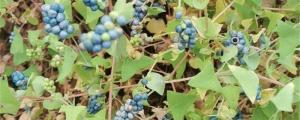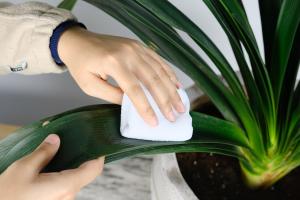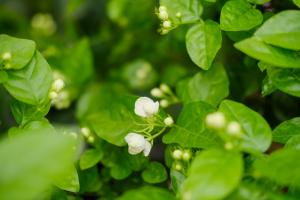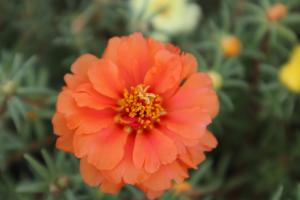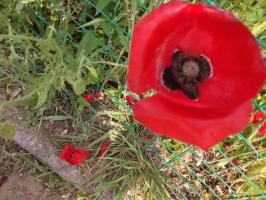How Long Are Seeds Good to Plant?
Whether you are an experienced gardener or just starting out, it is important to know how long seeds can be stored and still be viable for planting. The answer to this question varies depending on the type of seeds, how they are stored, and other factors. Below are some general guidelines to help you determine if your seeds are still good to plant.
Seed Viability
The term "seed viability" refers to the length of time that a seed can be stored and still be able to germinate and grow into a healthy plant. Some types of seeds are more viable than others, and there are many factors that can affect seed viability. One of the biggest factors is the initial quality of the seed itself. Seeds that are harvested from healthy, mature plants are more likely to be viable than those that are harvested from weak or diseased plants.
Factors that Affect Seed Viability
In addition to the initial quality of the seed, there are many other factors that can affect seed viability, including:
Storage Conditions: Seeds should be stored in a cool, dry place to prevent them from rotting or becoming moldy. Humidity and temperature fluctuations can also reduce their viability.
Seed Age: The older a seed is, the less viable it becomes. This is because the seed's internal processes begin to break down over time.
Seed Type: Some types of seeds are naturally more viable than others. For example, tomato seeds typically have a shorter lifespan than cucumber seeds.
Seed Treatment: Seeds that have been treated with fungicides, pesticides, or other chemicals may have reduced viability.
Seed Viability Charts
Most seed companies provide a chart or information on their seed packets that indicates the expected viability of their seeds. This can vary greatly depending on the type of seeds, so it is important to read and follow the manufacturer's recommendations closely. As a general rule, most vegetable and flower seeds will be viable for 1-3 years, but some can last up to 5-10 years if stored properly.
Testing Seed Viability
If you are unsure whether your seeds are still viable, there are several methods you can use to test them. One simple method is the "float test," where you place the seeds in water and see if they sink or float. Seeds that sink are typically viable, while those that float are likely too old or damaged to germinate.
Another method is the "germination test," where you place a small number of seeds in a moist paper towel or seed-starting mix and monitor their growth over a period of several days to weeks. If the seeds begin to sprout, they are viable.
Conclusion
Knowing how long seeds are good to plant is an important part of planning and preparing for a successful garden. By following the guidelines above and testing your seeds before planting, you can maximize the likelihood that your seeds will germinate and grow into healthy, productive plants.

 how many times do yo...
how many times do yo... how many planted tre...
how many planted tre... how many pine trees ...
how many pine trees ... how many pecan trees...
how many pecan trees... how many plants comp...
how many plants comp... how many plants can ...
how many plants can ... how many plants and ...
how many plants and ... how many pepper plan...
how many pepper plan...
